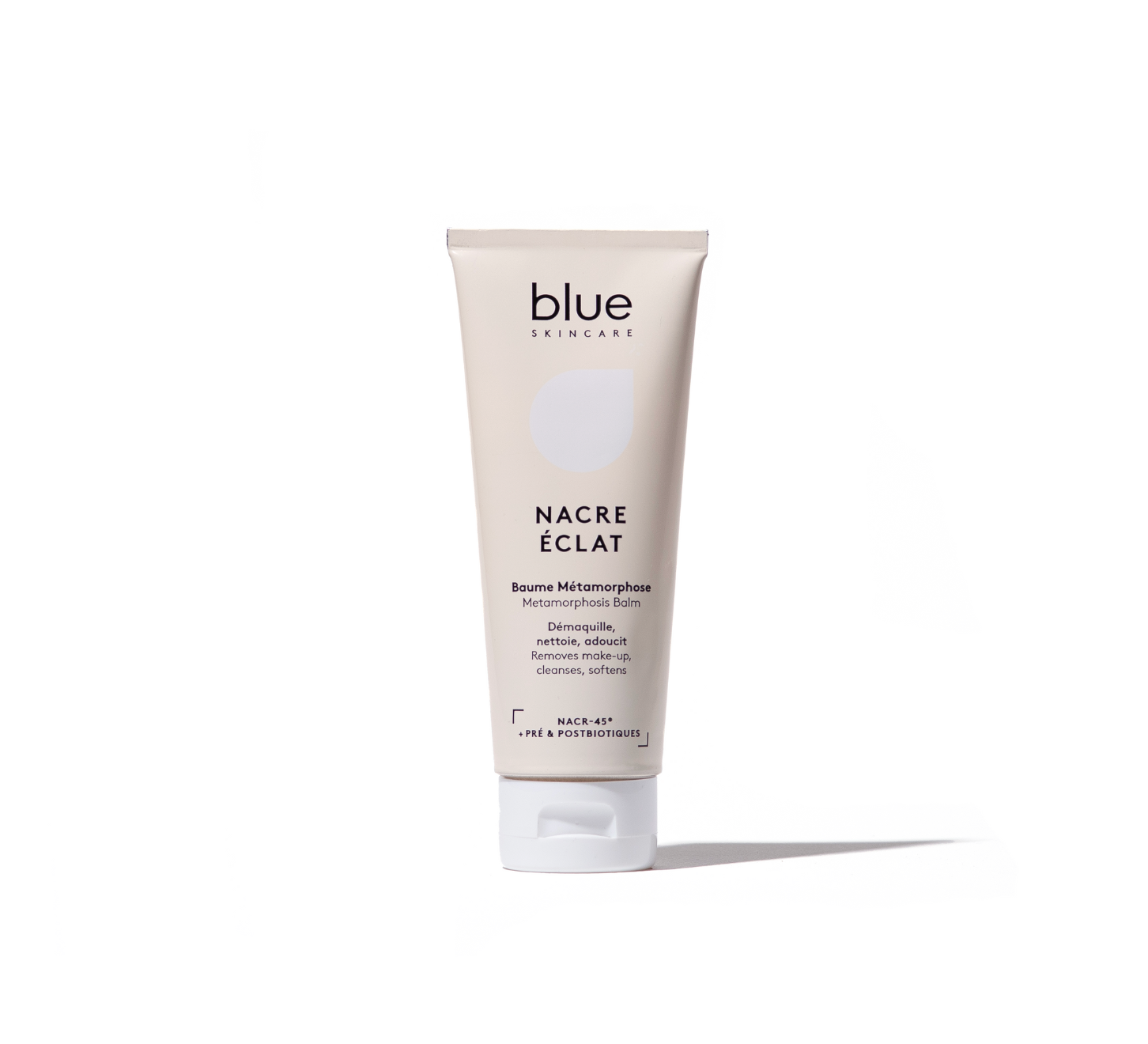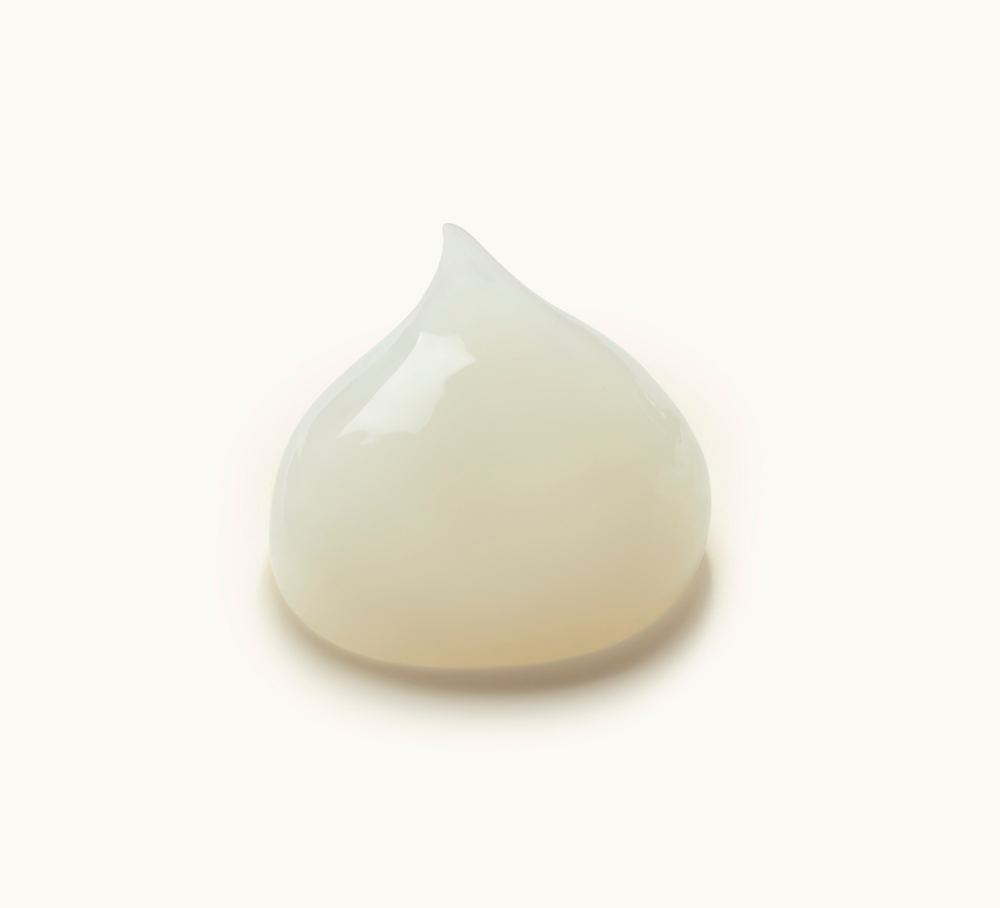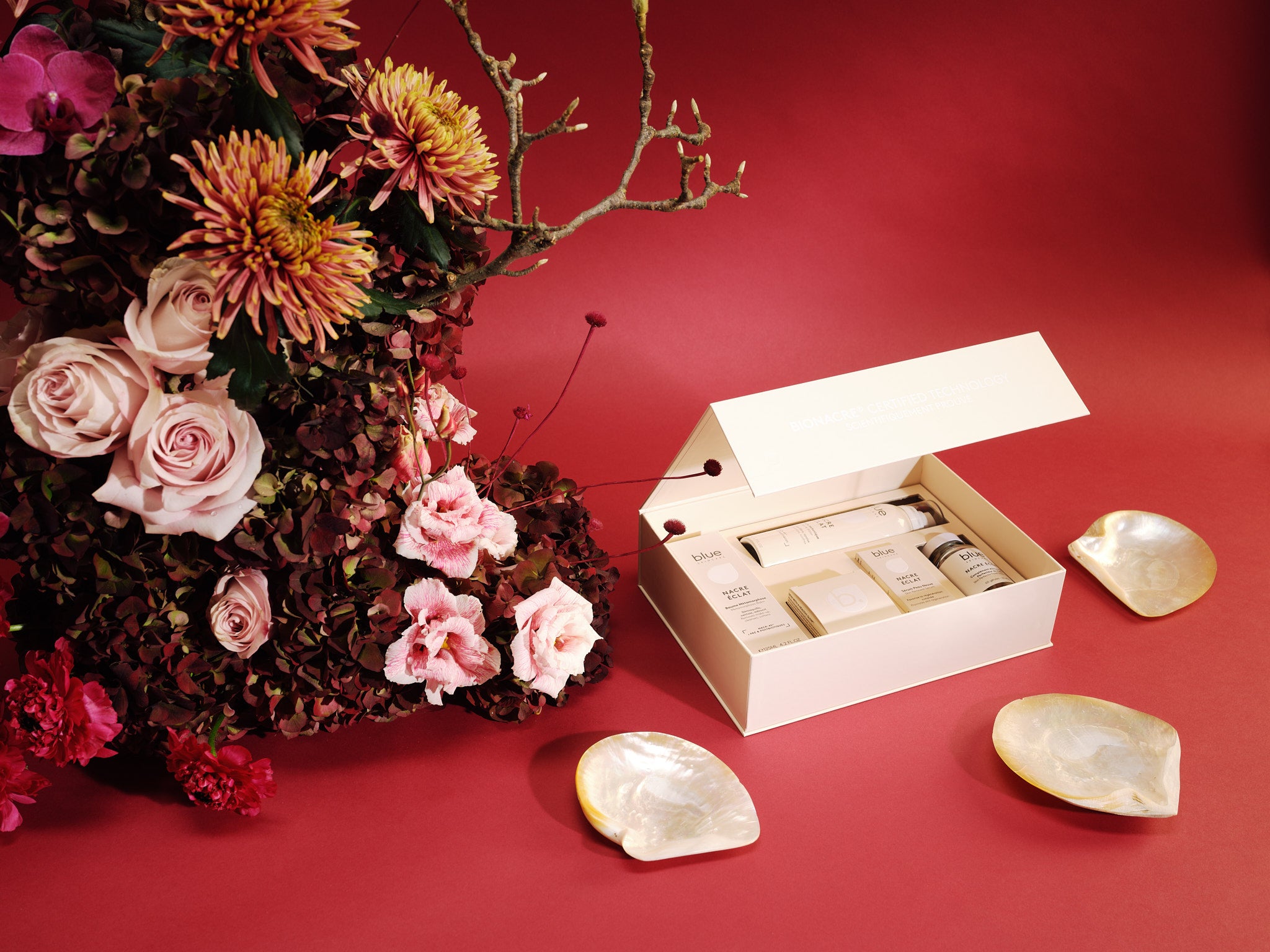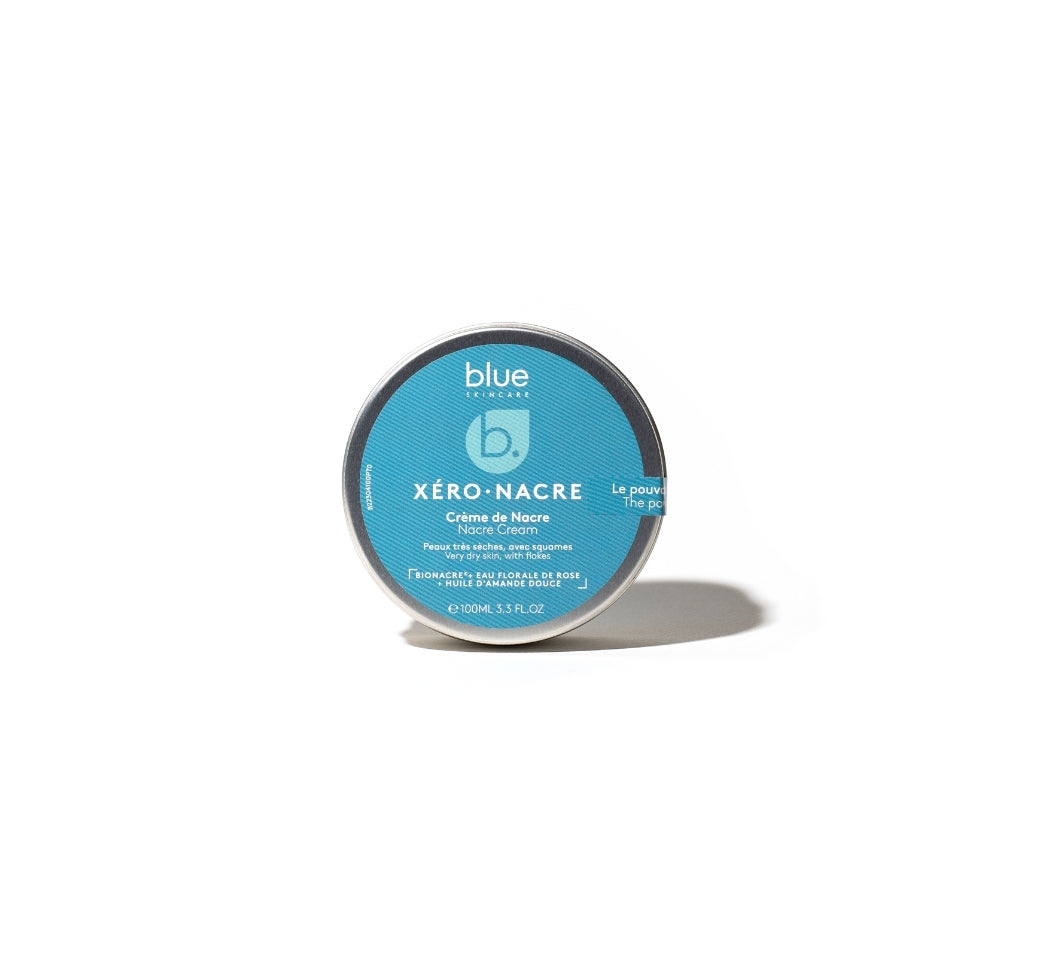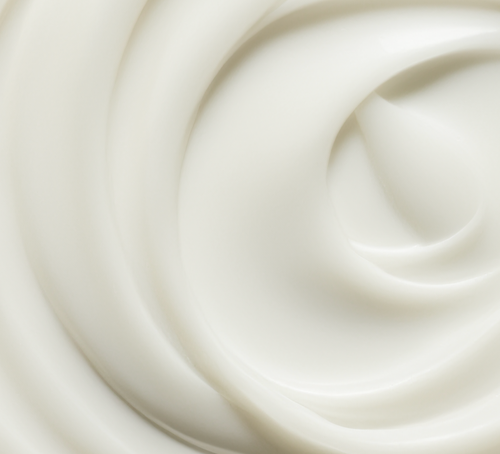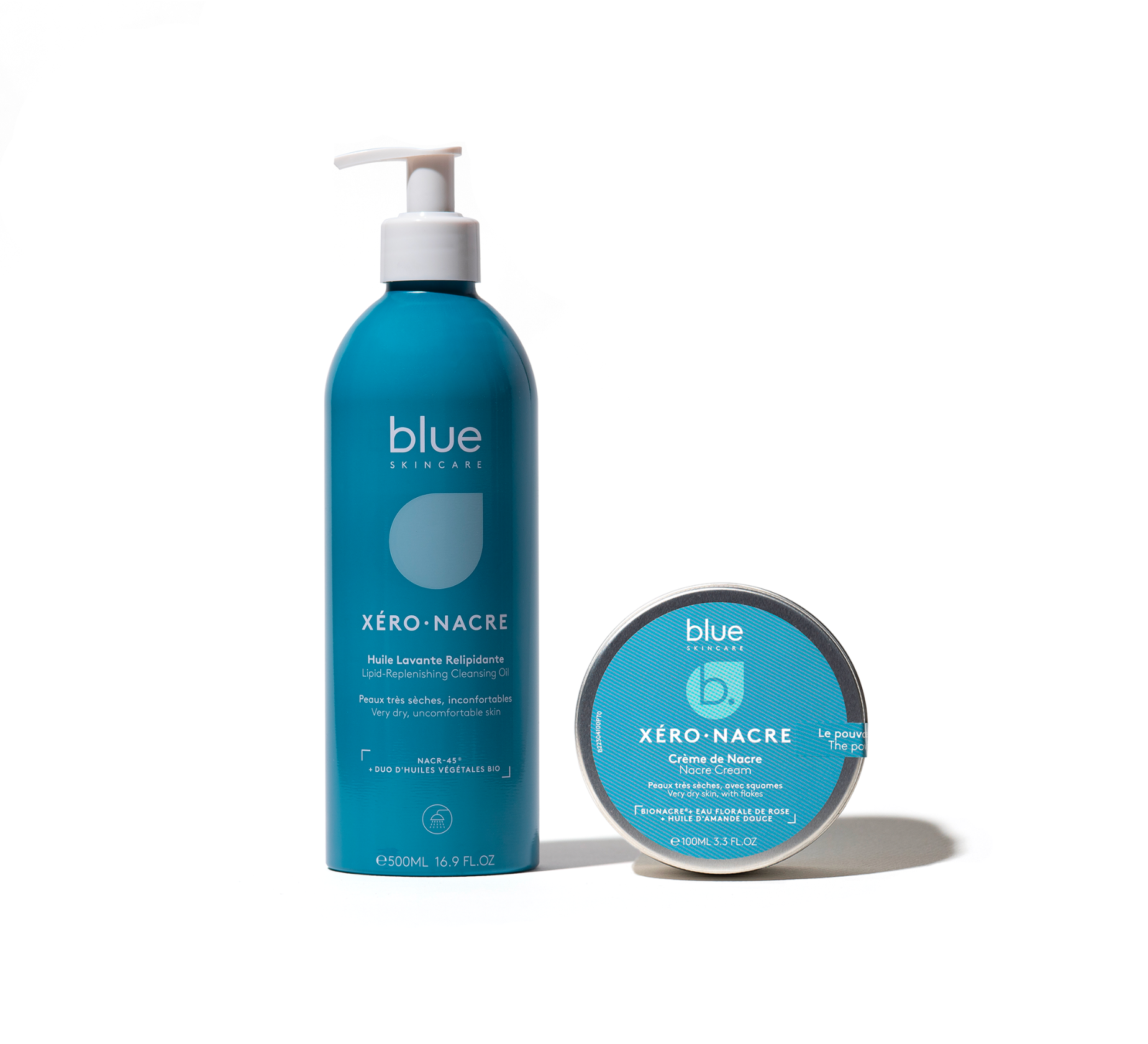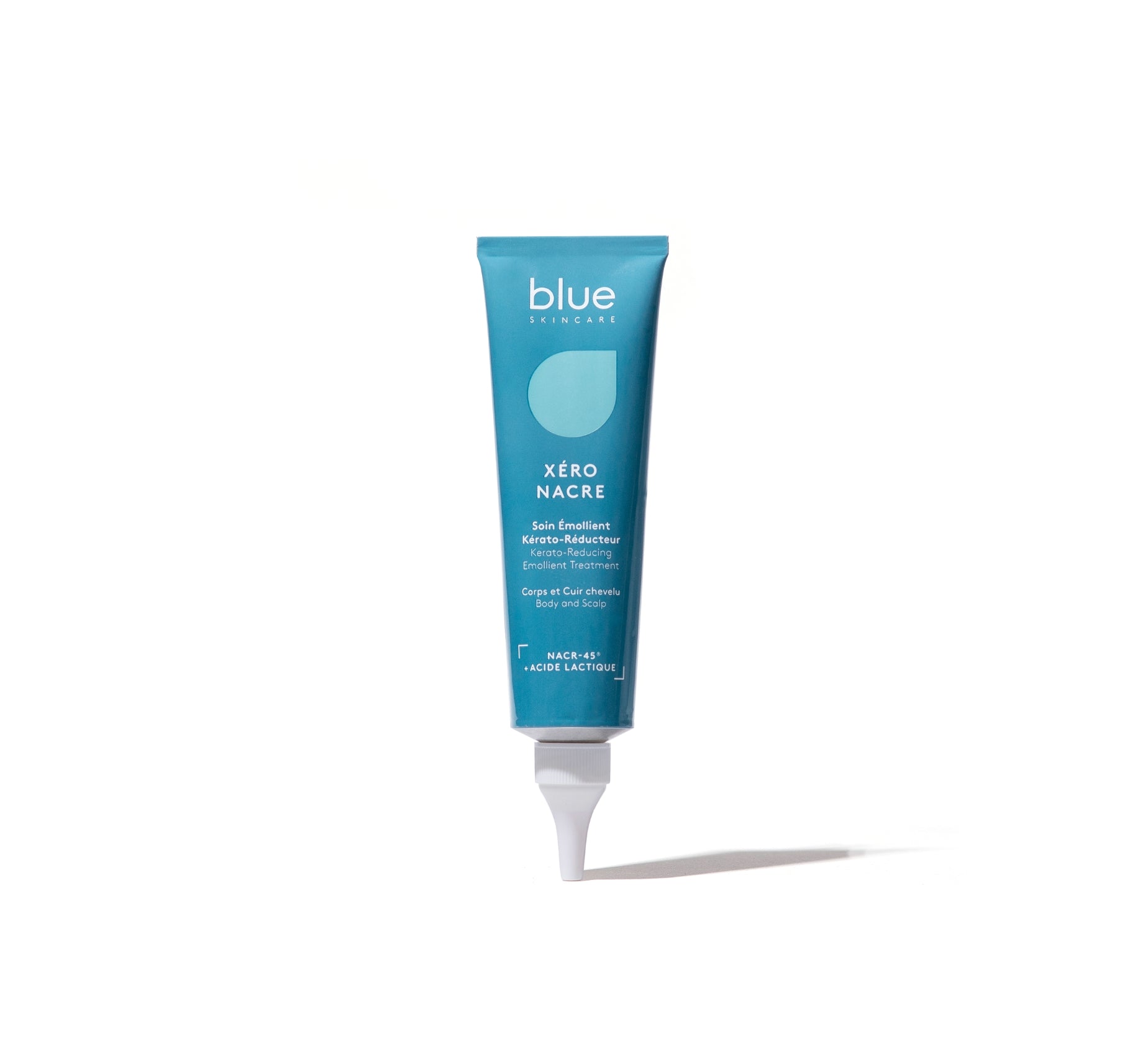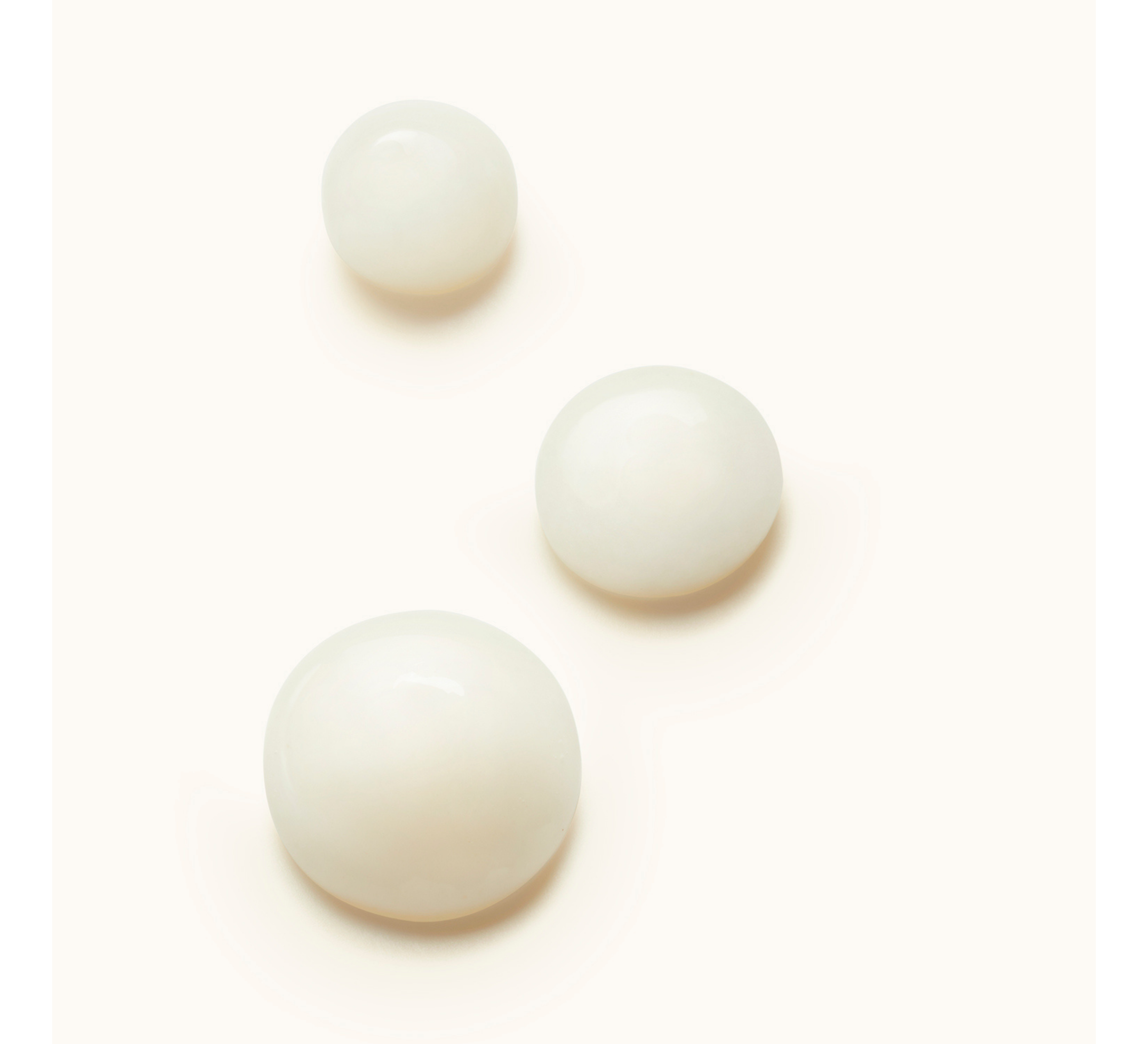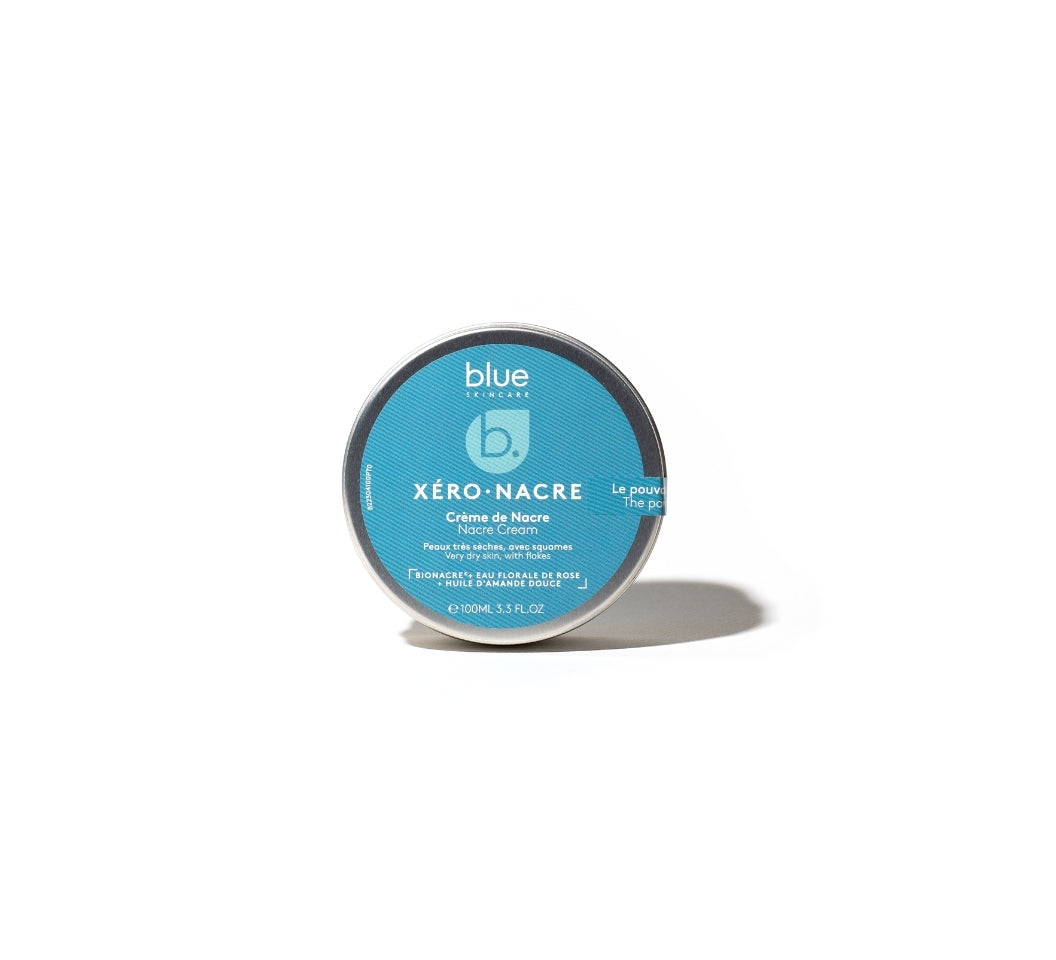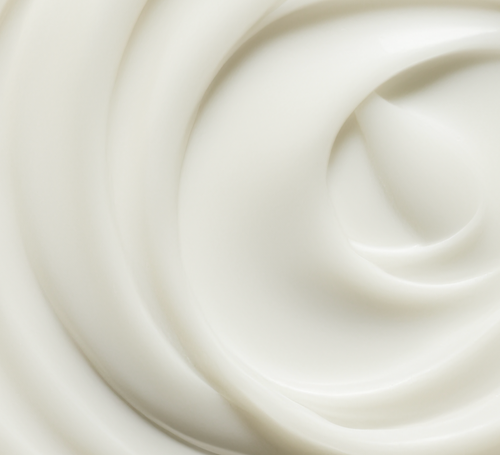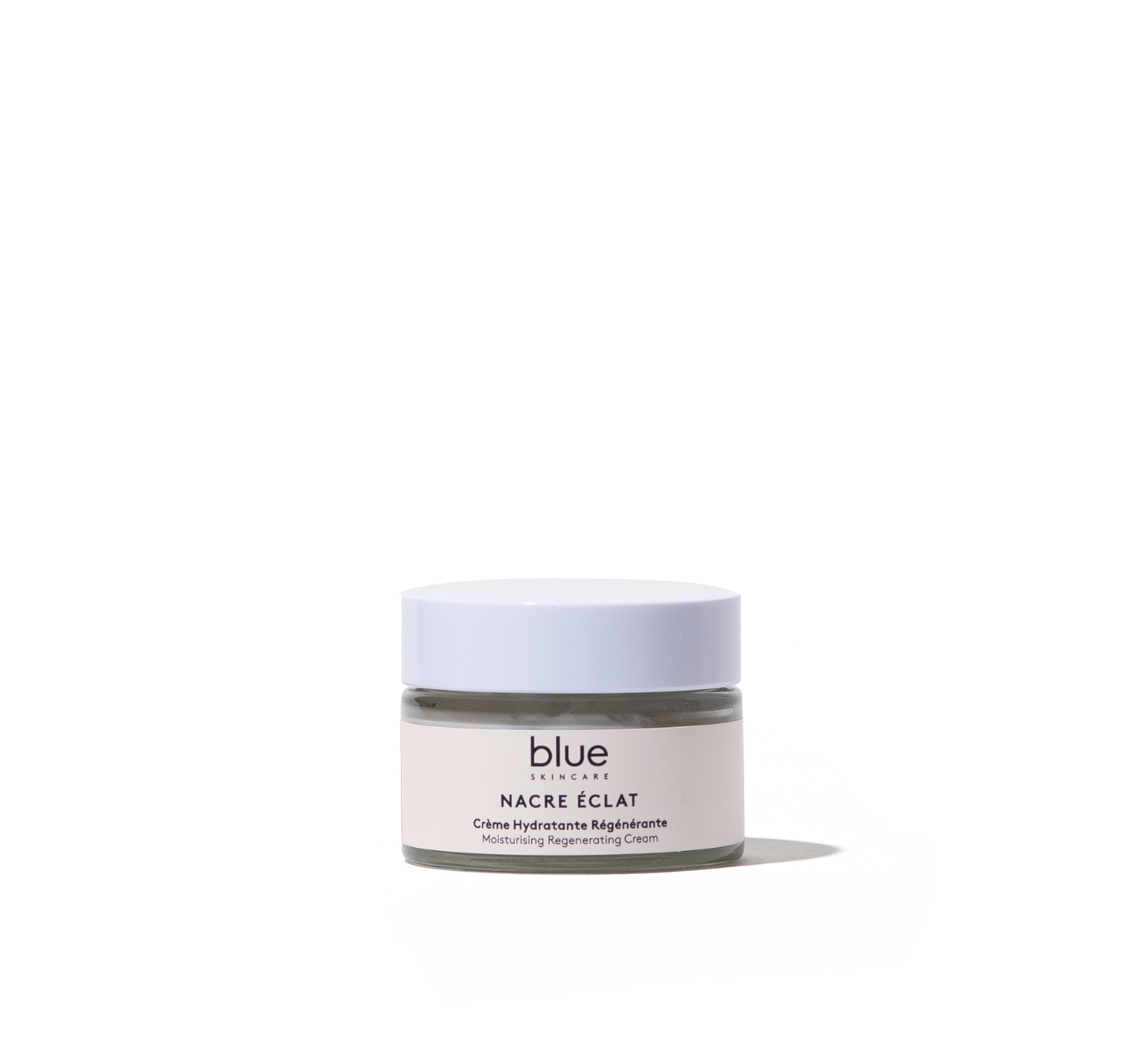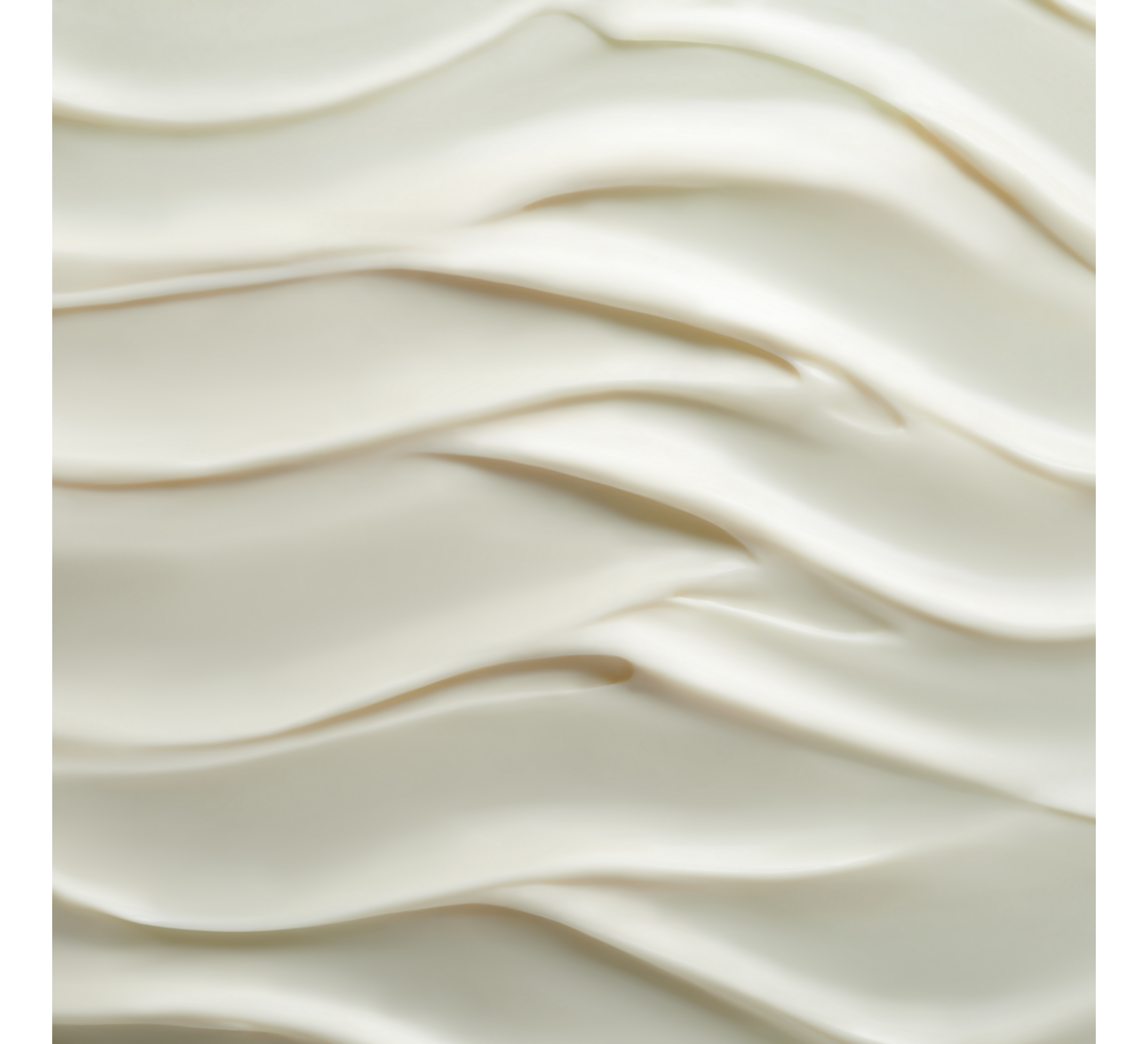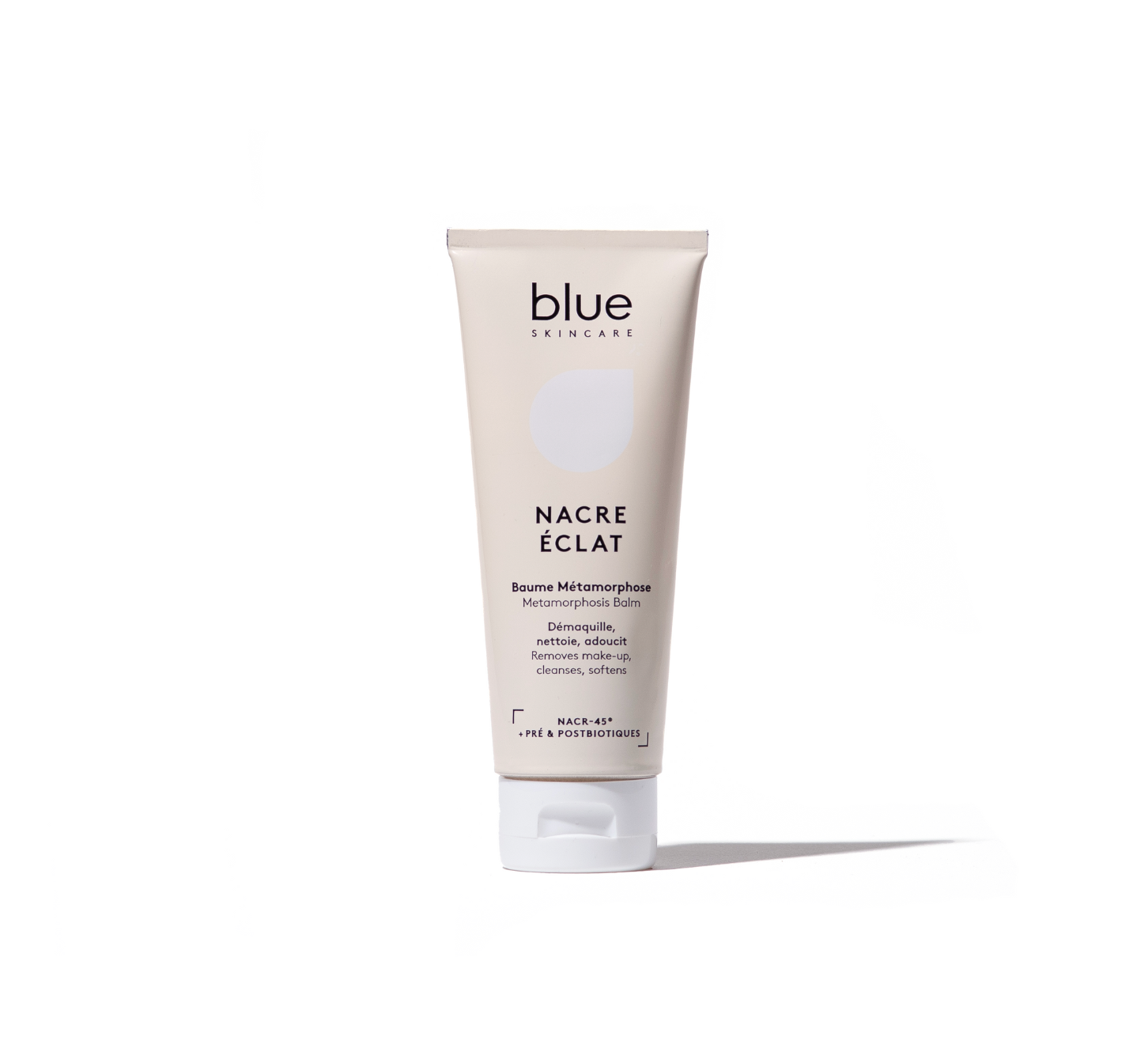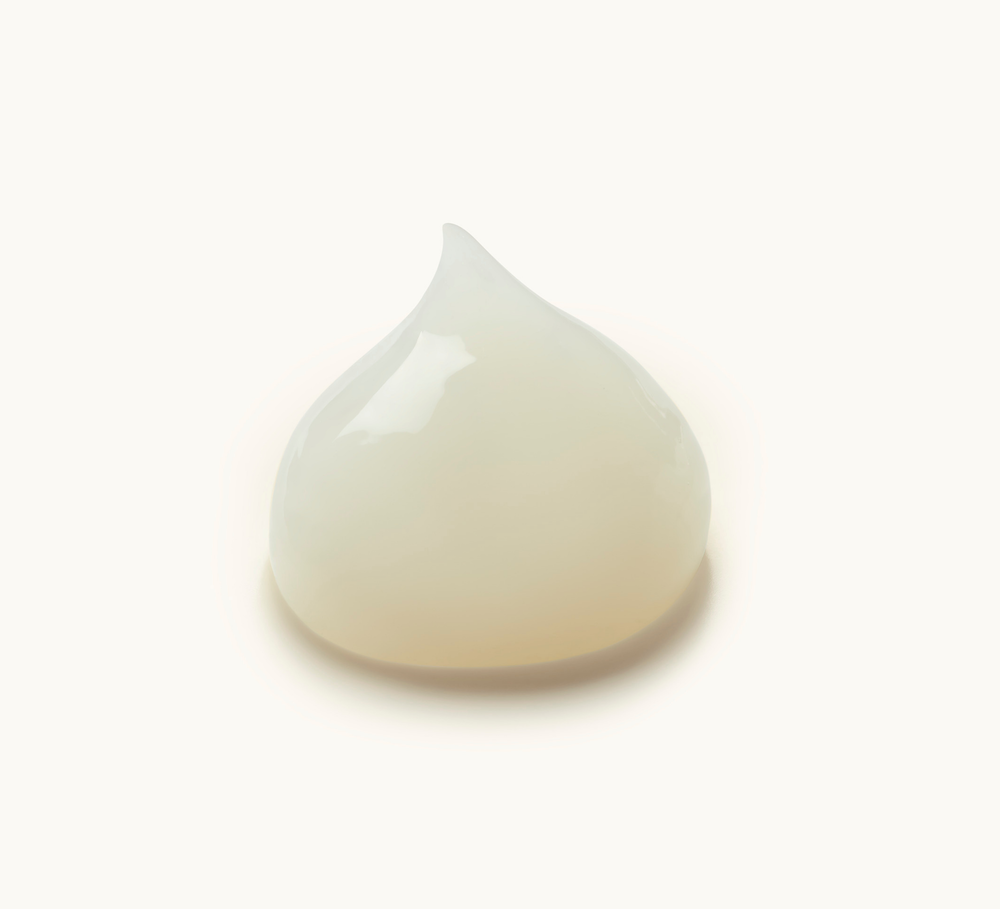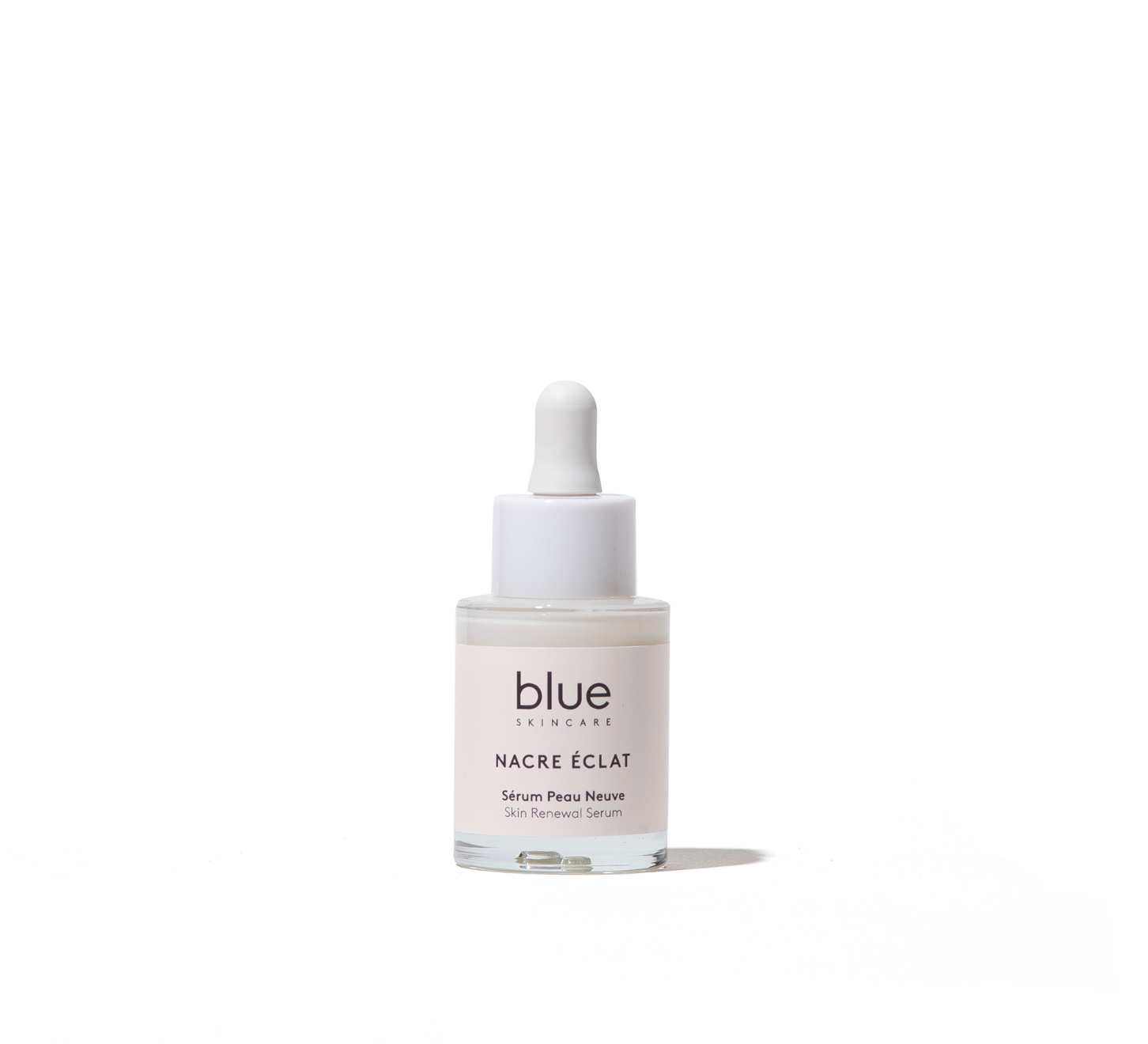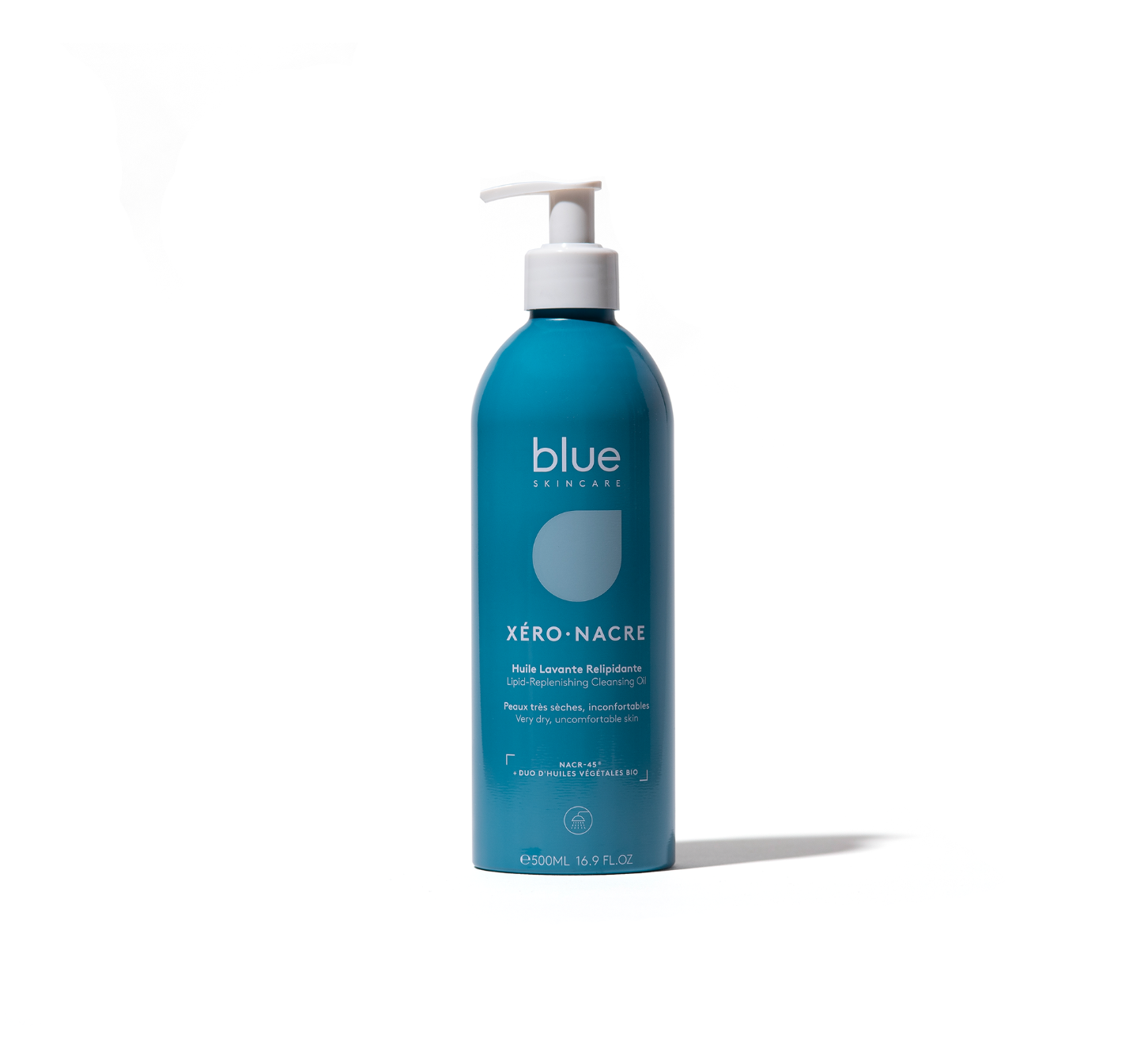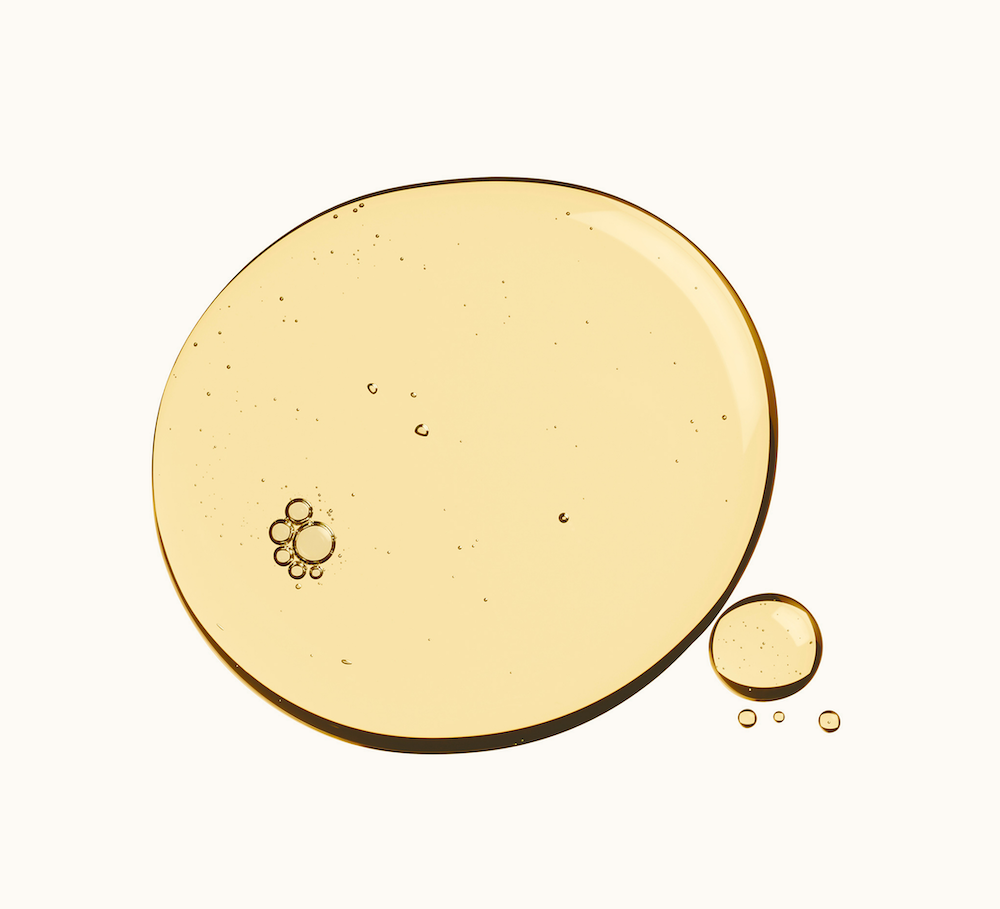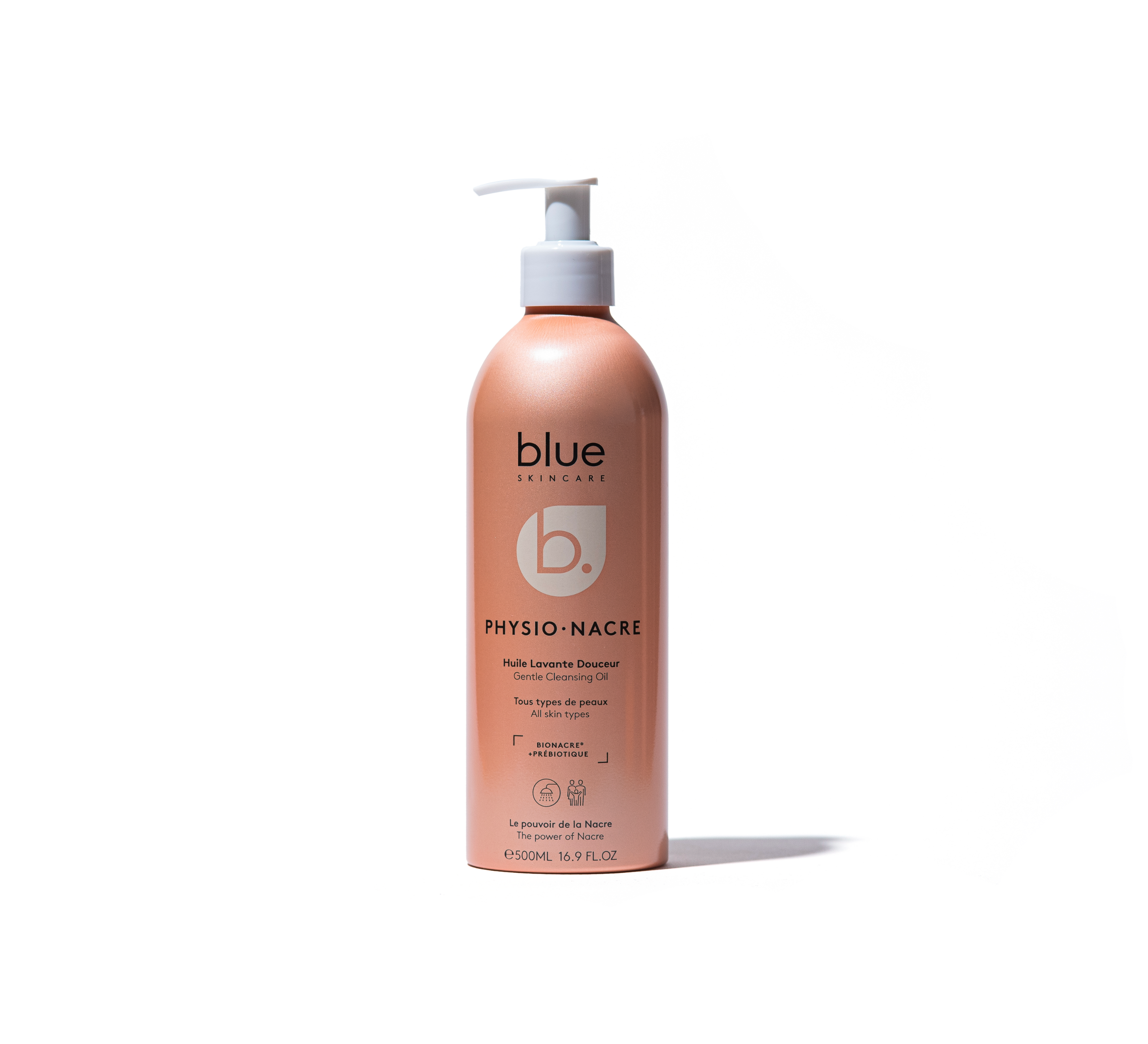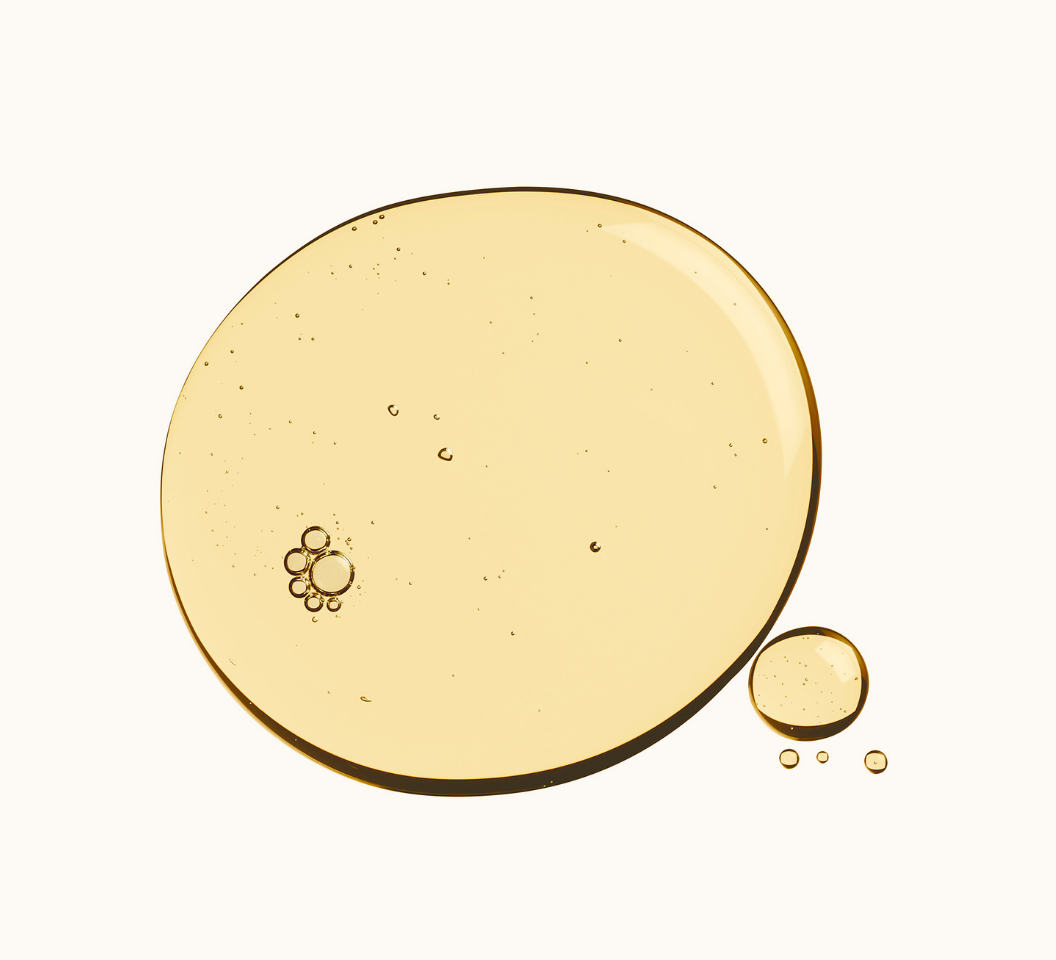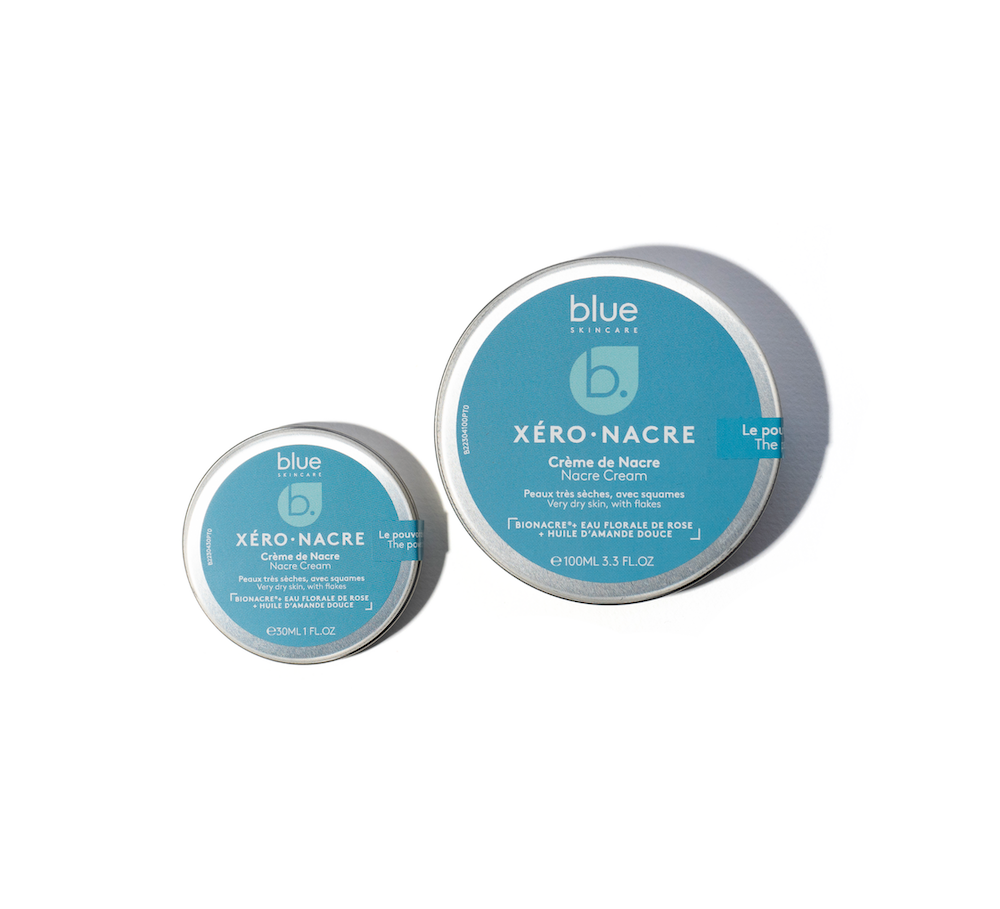Parmi les affections cutanées les plus courantes, le psoriasis se caractérise par sa réapparition régulière et ses plaques rouges recouvertes de squames. Touchant 2% de la population française selon l’INSERM (Institut National de la Santé et de la Recherche Médicale), cette inflammation chronique de la peau peut être entrecoupée de périodes de rémission, mais aucun traitement ne permet aujourd’hui de la guérir définitivement.
Blue Skincare vous invite à mieux comprendre les causes des poussées fréquentes de psoriasis et à adopter un traitement efficace grâce à une routine de soin adaptée à votre peau.
Qu'est-ce que le psoriasis ?
Le psoriasis est une maladie inflammatoire chronique de la peau. Elle s’explique par la production anormale de kératinocytes (cellules de l’épiderme) provoquée par le dérèglement des cellules du système immunitaire : les lymphocytes T. Ce renouvellement cellulaire excessif provoque une inflammation localisée et l’apparition de plaques rouges squameuses.
Bien qu’elle ne soit pas contagieuse, cette maladie peut se manifester sous différentes formes :
-
Psoriasis en plaques, la forme la plus fréquente ;
-
Psoriasis en gouttes, plus rare, caractérisé par de nombreuses petites plaques en forme de gouttes ;
-
Psoriasis inversé, apparaissant au niveau des plis cutanés ;
-
Psoriasis pustuleux, forme plus sévère accompagnée de pustules non infectieuses ;
-
Psoriasis unguéal, affectant les ongles des mains et des pieds ;
-
Psoriasis érythrodermique, forme très rare et sévère où les plaques s’étendent sur tout le corps.
Quels sont les symptômes associés au psoriasis ?
Les symptômes les plus courants du psoriasis comprennent des plaques rouges accompagnées de lamelles de peau blanche appelées squames. Certains psoriasis provoquent également des démangeaisons, des douleurs ou des sensations de brûlure.
Les zones touchées par les plaques psoriasiques varient selon les patients : les lésions peuvent atteindre le cuir chevelu, les coudes, les genoux, les mains, les pieds, les ongles, les plis cutanés ou les zones intimes. Dans certains cas graves, le psoriasis peut s’étendre au corps entier.
L’ensemble de ces symptômes peut exercer une influence néfaste sur la qualité de vie des personnes atteintes, notamment en raison de la gêne esthétique, des douleurs et des démangeaisons.
H2 Quelles sont les causes expliquant la rechute du psoriasis ?
La rechute du psoriasis s’explique par la présence persistante de lymphocytes T résidents dans les lésions, même après un traitement. Demeurant au niveau des plaques psoriasiques, ces cellules sont susceptibles de se réactiver et de relancer l’inflammation en sécrétant des cytokines, molécules impliquées dans l’apparition du psoriasis. Les traitements actuels permettent de neutraliser temporairement ces cellules immunitaires défaillantes, sans toutefois les éradiquer complètement.
Certaines prédispositions génétiques peuvent également expliquer l’apparition du psoriasis ainsi que la fréquence de ses récidives. La transmission héréditaire correspond à au moins 30% des cas selon l’INSERM. Les gènes en question, impliqués dans la production de protéines du système immunitaire, peuvent subir des mutations et entraîner un dérèglement du processus d’inflammation. Cette altération génétique provoque ainsi le dysfonctionnement des lymphocytes T et l’apparition répétée de plaques psoriasiques.
Connaître les facteurs accélérant la réapparition du psoriasis
Afin de se prémunir contre les symptômes de cette maladie auto-immune et de limiter sa réapparition, il est important de connaître les différents facteurs susceptibles de déclencher ou d’aggraver une poussée de psoriasis :
-
Infection de la sphère ORL ;
-
Abus d’alcool ou de tabac ;
-
Stress, fatigue et chocs émotionnels ;
-
Surpoids compliquant le suivi de la maladie ;
-
Modifications climatiques (froid sec ou chaleur) ;
-
Certains médicaments utilisés pour traiter le paludisme, l’hypertension artérielle, la sclérose en plaques, l’hépatite C ou les troubles bipolaires ;
-
Irritations de la peau comme des blessures, des piqûres, des frottements, des coups de soleil ou l’exposition à des produits chimiques.
Comment traiter les plaques de psoriasis du cuir chevelu ?
Bien qu’il n’existe pas de traitement curatif contre le psoriasis du cuir chevelu, de nombreuses solutions visent à soulager les symptômes et à limiter la fréquence des poussées. Parmi eux, les traitements locaux comme les crèmes pour le psoriasis, les lotions et les huiles de la gamme Xéro.Nacre sont parfaitement adaptés au soin des peaux sèches sujettes aux squames et aux rugosités.
Les produits Blue Skincare enrichis en nacre éliminent les états squameux, régénèrent la peau et apaisent les démangeaisons. Le soin émollient kérato-réducteur s’applique sur le corps et sur le cuir chevelu : son pouvoir exfoliant limite la régénération cellulaire excessive du psoriasis et protège le cuir chevelu contre la réapparition fréquente de plaques rouges. L’huile lavante relipidante offre ensuite à votre peau un nettoyage en douceur sous la douche grâce à sa formule facile à rincer. Quant à la crème de nacre, elle hydrate la peau en profondeur pendant 24 heures et protège la barrière cutanée.
D’autres options thérapeutiques permettent une prise en charge systémique, qu’il s’agisse de médicaments administrés par voie orale ou par injection, ou encore de séances de photothérapie utilisant la lumière ultraviolette.
Quelle routine adopter pour éviter que le psoriasis ne réapparaisse trop rapidement ?
Pour éviter les poussées de psoriasis trop fréquentes, il est primordial d’adopter une hygiène de vie saine et de protéger sa peau des agressions extérieures. Malgré les démangeaisons, évitez de gratter les lésions. Privilégiez les vêtements en tissu naturel et utilisez des produits doux qui respectent votre typologie de peau.
La routine peaux sèches Xéro.Nacre de Blue Skincare propose une approche en deux étapes pour les peaux sèches à tendance psoriasique :
-
Utiliser le soin émollient kérato-réducteur afin de réduire les démangeaisons, d’éliminer les rugosités et les pellicules sèches, et ainsi de limiter leur réapparition ;
-
Laver la peau avec l’huile lavante relipidante douce, non parfumée et respectueuse des peaux sensibles.
Enrichie en technologie BIONACRE® et testée sous contrôle dermatologique, la gamme Xéro.Nacre offre aux peaux atteintes de psoriasis une solution apaisante et protectrice composée à 99% d’ingrédients naturels. Blue Skincare vous accompagne tout au long de votre routine hydratante pour donner à votre peau l’attention qu’elle mérite !
